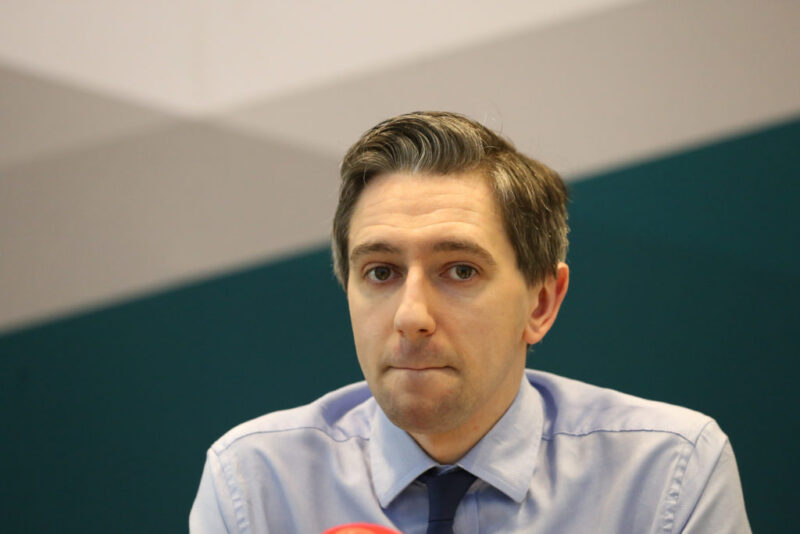Minister for Higher Education Simon Harris has proposed the creation of an EU scholarship scheme for Ukrainian students fleeing war.
He suggested that the scholarships could be provided through the Erasmus programme, which would remove “financial and regulatory barriers for students.”
Speaking at a meeting of EU education ministers and the EU Commissioner for Education Mariya Gabriel, Harris said: “When it comes to education, like so many other areas, we are strongest when we coordinate and work together across the EU.”
“I am sure we can learn from each other – let us share our responses so that we can ensure our actions are impactful”, he said.
“I know that the Commission are looking at its own programmes such as Erasmus to see how it can assist in the support of Ukrainian students.”
“However, I would urge that we take an additional step – let us use the Erasmus programme to fund a dedicated European Scholarship Scheme, which will remove any financial and regulatory barriers for students and researchers wishing to continue with their studies”, he said.
Harris also said that he is working to ensure that Irish students fleeing Ukraine as a result of the Russian invasion will be able to continue studying in Ireland.
“My department has contacted them all and they are deeply traumatised by what has unfolded. We will work to extend supports and care to them.”
“The IUA [Irish Universities Association] universities have confirmed they will provide places necessary and we look forward to working with them on that,” he added.
On Monday the IUA issued a statement condemning Russia’s invasion of Ukraine and announcing its support for sanctions on Russia and Belarus.
“As a community of universities, we are deeply shocked and outraged by the invasion of Ukraine by Russia and condemn this unprovoked violence in the strongest possible terms”, it said.
“We will continue to work with our colleagues here in Ireland and across Eastern Europe to offer our support to those affected including students and staff”.
“Conscious of the role universities in promoting democracy and peace, we will robustly support, comply with and implement international sanctions regimes with respect to the Russian Federation and Belarus”.
“This includes suspension of the exchange of students, researchers and scientific personnel, the cessation of financial transactions and a halt to the exchange of research material, complying in full with all EU sanctions”, it added.
In an email to staff and students today, Trinity’s Vice President for Global Engagement Prof. Emma K Stokes said that Trinity is continuing to meet with and provide support to students from Ukraine and Russia.
The Provost has also mandated the establishment of a Global Incident Response Unit which will work on supports for current and incoming staff and students, fundraising, and advocacy and input into any sectoral response.







